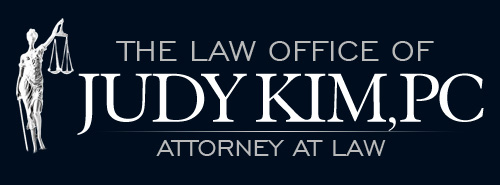Definition from an Atlanta Criminal Defense Attorney
According Georgia Code 16-5-90 (a)(1), stalking occurs when an individual “follows, places under surveillance, or contacts another person at or about a place or places without the consent of the other person for the purpose of harassing and intimidating the other person.” This definition, however, does not account for the broad scope that applies to many of the arrests that are made for stalking offenses in Georgia. In fact, Judy Kim, an Atlanta criminal lawyer with more than a decade of experience, has seen a number of arrests made for stalking based on a looser set of legal criteria.
Stalking crimes can occur by means of communicating in person, over the phone, by mail, through the computer or Internet, or over a broadcast. Obscene comments, gestures, or other acts of harassment are also considered types of stalking crimes. By definition, in order to be considered a stalking crime, the defendant must instill a credible threat, fear, or intimidation in the victim. This means the victim must have a reasonable cause to for his/her life or safety and/or the life and safety of his/her family. Stalking is a misdemeanor crime in Georgia, and if convicted, you could be subjected to fines up to $1,000, a sentence of up to one year in jail, probation, and community service.
Aggravated Stalking
According to Georgia Legal Code 16-5-91 (a), a person will be charged with aggravated stalking when he or she not only commits the act of stalking, but also violates a judicial order prohibiting such conduct, such as a “temporary restraining order, temporary protective order, permanent restraining order, permanent protective order, preliminary injunction, good behavior bond, or permanent injunction or condition of pretrial release, condition of probation, or condition of parole.”
Aggravated stalking is a felony crime in Georgia, and will result in severe legal penalties, such as incarceration in state prison for up to 10 years, fines up to $10,000, and a mark on your permanent record. In addition, a felony stalking conviction will damage your reputation, put you at odds with your community, complicate personal relationships, and make it difficult to find employment, hold certain professions, rent or buy a home, and/or apply for financial loans.
Contact a Lawyer
If you have been accused of stalking, attorney Judy Kim can help. As one of Atlanta’s most experienced stalking crimes attorneys, she has the resources and skill to tackle any stalking crimes case. When you retain her services, she will personally guide you through the legal process, discuss your best options, and calm any questions or concerns you may have. In addition, she will argue to get your charges reduced or get the case dropped altogether. Most importantly, she is committed to protecting your rights, and ensuring that you are not wrongfully punished under the law.
